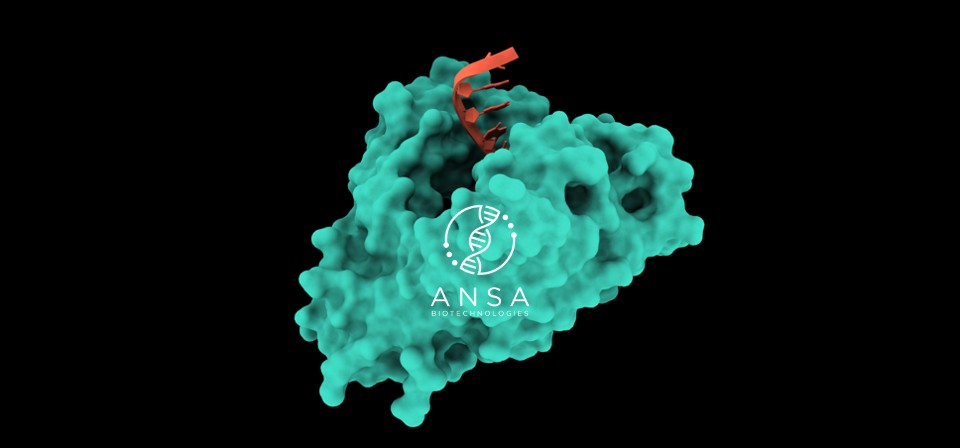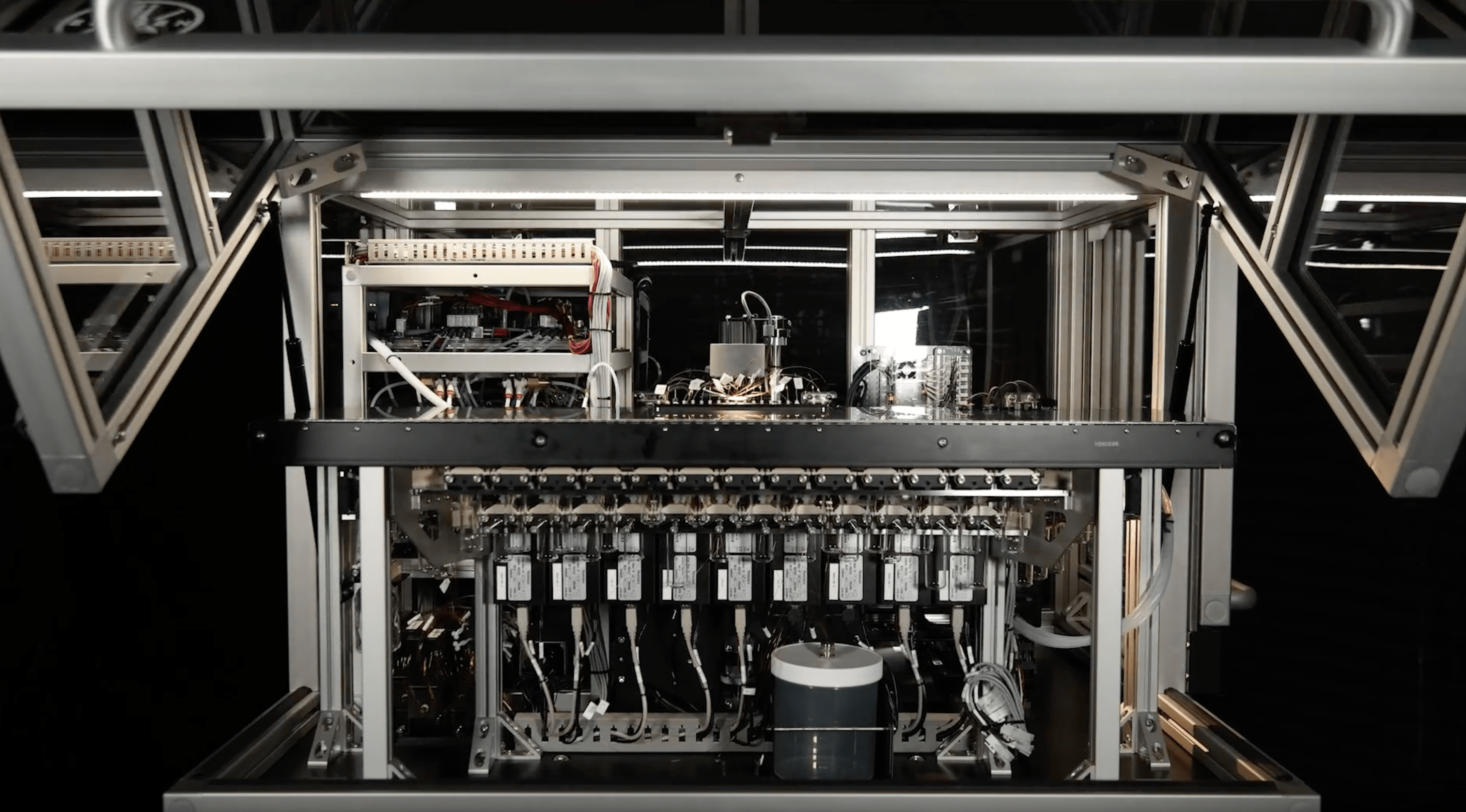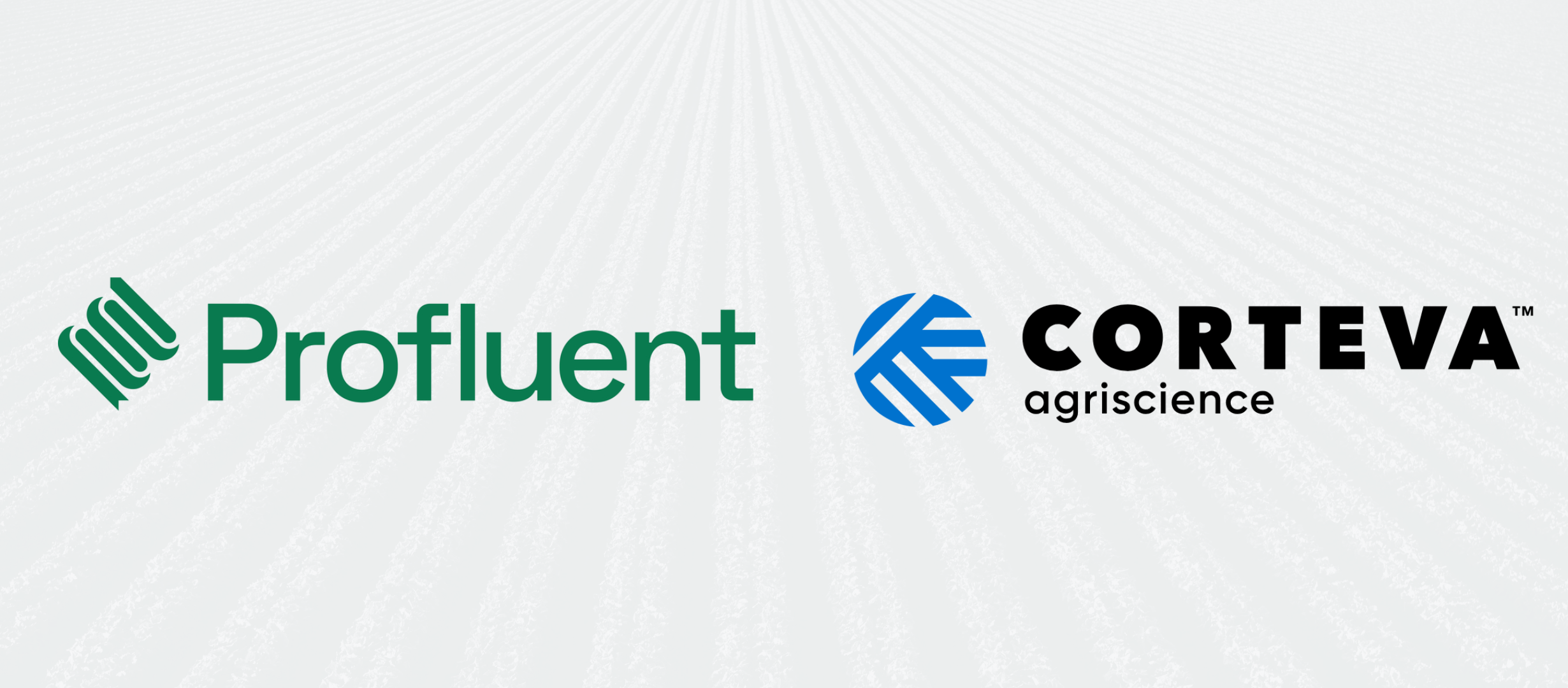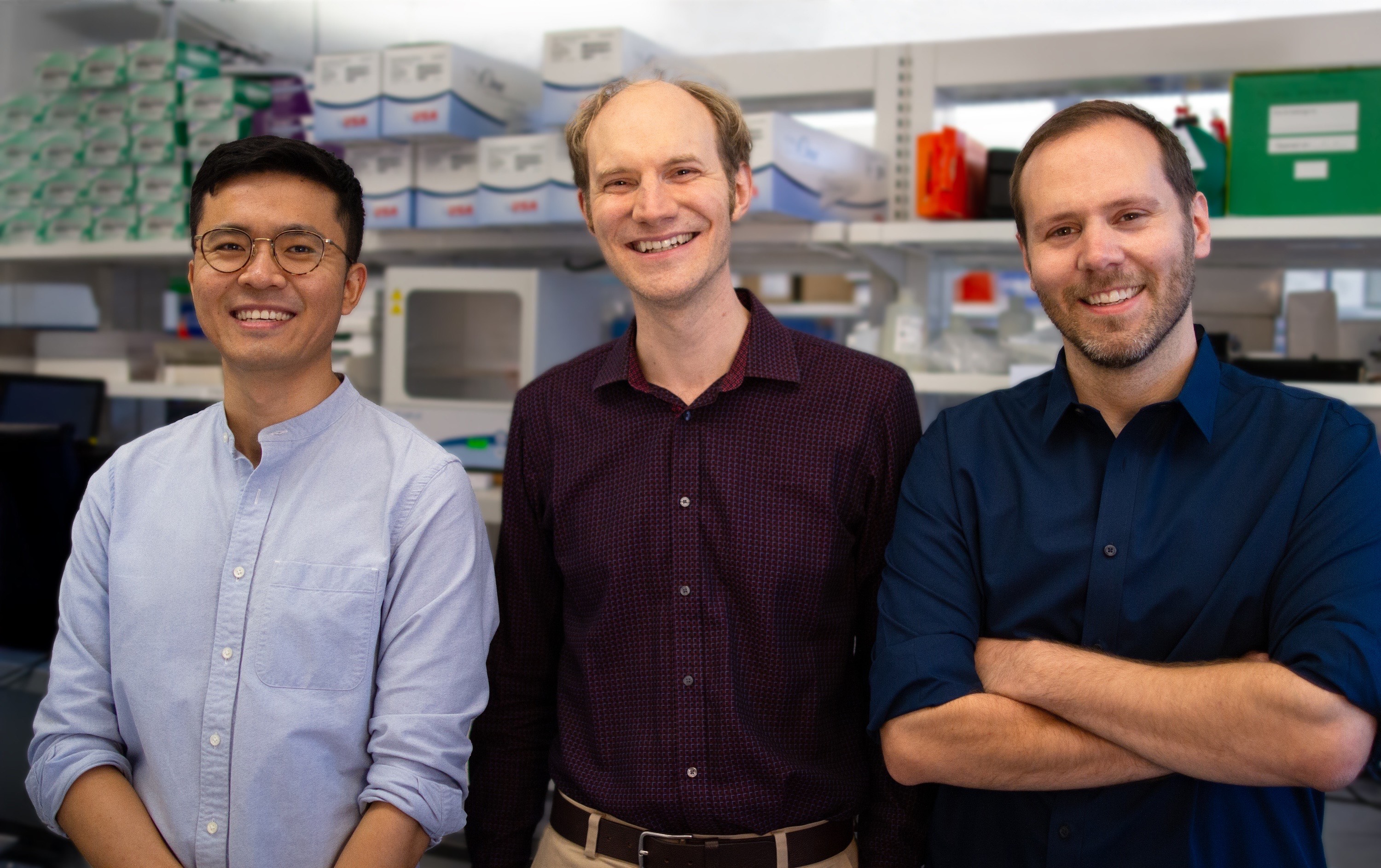
Cars, Carbon, and Chlamydomonas: How These Five Synthetic Biology Companies Will Disrupt the Automotive Industry
Cars, Carbon, and Chlamydomonas: How These Five Synthetic Biology Companies Will Disrupt the Automotive Industry
Imagine having a car that runs on carbon emissions - one of the main drivers in climate change. Imagine that your car seat is made with leather from fungi and the fabrics and carpets in your car are stain-repellent and made with algae. Imagine if the car was lightweight, yet strong and flexible - well, it can be, with spider silk. And what about the paint and the color of the car? Not just the color you choose but what if the paint process was sustainable, thanks to yeast, the tiny organism we usually thank for the fluffiness in the bread we eat.
These ideas are not so alien and far out in the future. If it were up to synthetic biology companies LanzaTech, Ecovative Design, Checkerspot, Spiber, and Lygos, this could indeed be your next car. Here are five companies that are changing the automotive industry through synthetic biology and the engineering of biological organisms.1. LanzaTechImagine if you could take carbon emissions and convert them to fuels and chemicals, cleaning the air and giving carbon a second chance - and a second use. That is the goal of LanzaTech’s technology. The technology takes pollution and recycles it, in hopes to eliminate single-use carbon. How is that possible? Microbes! LanzaTech co-founder and CSO Dr. Sean Simpson identified a microbe, isolated from the gut of a rabbit, that was able to live on gas emissions and produce ethanol. Through accelerated natural selection, LanzaTech isolated the microbes producing the highest level of ethanol. Now, instead of sending harmful gas emissions out into the open air, it can be sent into a fermentation tank where these microbes feed off the gas and turn it into ethanol. The ethanol can then be used in a variety of applications such as paint, personal care, or fuel. Just this August, LanzaTech announced a partnership with Danish Novo Holdings, who invested $72 million to further develop LanzaTech’s sustainable fuels and chemicals platform.2.Ecovative DesignMycelium is the thread-like vegetative part of a fungus — like the stem of a mushroom. Ecovative has an internationally patented process to grow mycelium into designed forms to make a sustainable product that is 100% home compostable. Ecovative is using mycelium to make food, textiles, packaging materials, and foam. Imagine sitting on a fluffy, foam-like leather car seat - all made of engineered fungi. Ecovative’s MycoFlex platform provides textiles that are breathable, heat-resistant, insulating, strong, resilient, and 100% natural. What more could you possibly ask for when you’re about to sit down on your car’s black leather seat on a hot July afternoon? The future of fashion belongs to fungi, and now fungi also belongs in our cars’ interior. Ecovative’s mycelium materials are sustainable, biological alternatives to plastics, textiles, and animal agriculture (leather), drivers of global pollution. The process of growing mycelium yields very little (mostly compostable) waste — it is fast growing and uses limited energy. What’s more, Ecovative recently launched a new company called Atlast Food Company, with the aim to create new food products by leveraging Ecovative’s mycelium foundry.
3.CheckerspotImagine building a house of LEGOs. There are endless possibilities as to how the house will look. What style should it be? What color? Dimensions and size? But imagine now that you could instead design the LEGO brick itself. Checkerspot is enabling the design of new materials - at the molecular level. Hundreds of fatty acids exist in nature, but only 14 of them are used for industrial purposes. The disregarded fatty acids “don’t fit the ‘industrial complex’ due to commodity scale and pricing.” But Checkerspot is changing this, using chemistry and engineered microalgae to create new materials with new physical properties - starting with oils. Conventional petroleum-derived oils have a negative environmental impact, but replacing them with alternatives fermented by microalgae dramatically reduces the environmental impact. Imagine the endless possibilities if you could make the material of your car. You could make a hydrophobic, stain-repellent carpet, or baby seat - no need to worry about spilling or muddy shoes. With synthetic biology, Checkerspot is truly “at a new age of industrial material production.”
Here are the two ImPACT program prototypes (Created with synthetic spider silk composite materials) Spiber4.SpiberA spider web made of pencil-thick spider silk fibers can catch a fully loaded Jumbo Jet Boeing 747 with a weight of 380 tons. With about the same strength as carbon fiber but with 40 times the toughness, spider silk is a material with unlimited possibilities. Imagine the applications it could have in the automotive industry - perhaps a safer, stronger chassis without compromising on weight? You may have heard about Spiber and the launch of their Moon Parka, in collaboration with The North Face Japan. But Spiber has also been innovating the automotive industry. Earlier this year Spiber finished up a Japanese national project named ImPACT in collaboration with partner companies. Together with Bridgestone and by utilizing their Brewed Protein™ materials, Spiber has developed a polyurethane composite foam for car seats. The idea is to make a thinner and lighter foam, while still maintaining the necessary comfort properties. Furthermore, in collaboration with several Toyota group companies, Spiber is reinventing the shock absorption in car doors. The goal is to create fiber-reinforced materials that are lighter, and have increased shock absorption. Many cars today use steel as the shock absorbent which is heavy and not sustainably produced. With Spiber’snew material, cars can potentially become lighter meaning less CO2 emissions and better gas mileage. Another innovator in the spider silk business is German AMSilk. AMSilk and Spiber are two of the few companies having succeeded in the bioengineering of spider silk. Last year AMSilk signed a deal with Airbus with the aim to create novel materials using their silk to build a high-performance, lightweight airplane.
5.LygosMalonic acid is a chemical with applications in automobile coatings, biodegradable polymers, surgical adhesives, and food and drug additives — to name a few. The global market for malonic acid is valued at USD$42 million and is expected to grow. But the production of malonic acid comes at a big environmental cost: It requires toxic chemistries based on petroleum sodium cyanide, a chemical that poses significant health and environmental risks. Bay Area-based Lygos has come up with a sustainable alternative production method: microbes! With his expertise in engineering microbes to convert sugar into fuel, co-founder and CEO Eric Steen managed to create a microbial strain that was acid-tolerant with the ability to produce malonic acid. Today, Lygos has optimized microbial strains to be even more efficient at converting sugars into malonic acid. One of the biggest areas of potential impact for sustainable malonic acid production, according to Steen, is the automotive industry. If you own a car, the paint on it was most likely cured in a mile-long oven heated to 450 degrees Fahrenheit. But one variant of malonic acid — malonate — could revolutionize the automotive industry by making low-temperature painting possible.Thank you to Stephanie Michelsen for additional research and reporting in this post. Please note: I am the founder of SynBioBeta, the innovation network for the synthetic biology industry. Some of the companies that I write about are sponsors of the SynBioBeta conference (click here for a full list of sponsors).
Follow me on Twitter. Check out my website or some of my other work here.Originally published on Forbes https://www.forbes.com/sites/johncumbers/2019/09/25/cars-carbon-and-chlamydomonas-how-these-five-synthetic-biology-companies-will-disrupt-the-automotive-industry/



.svg)





.png)



.jpg)

.gif)